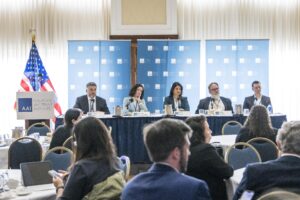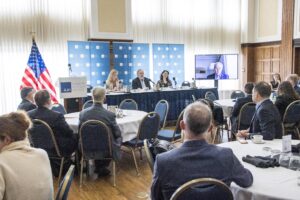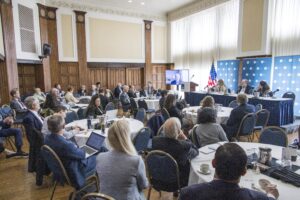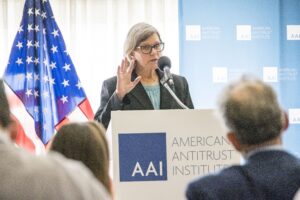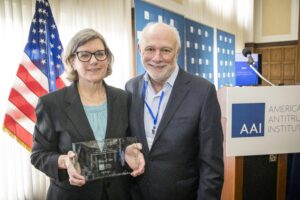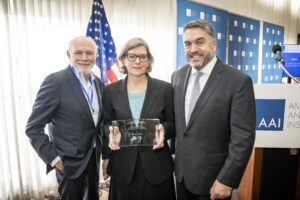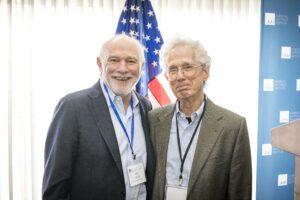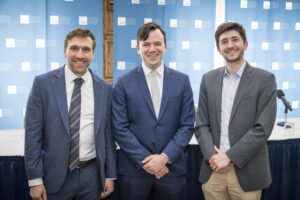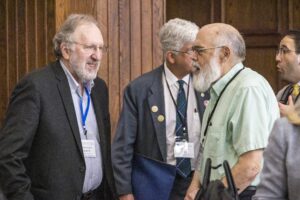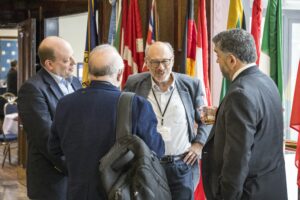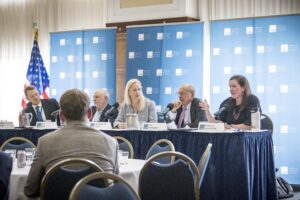

- This event has passed.
Register
The debate over the proper role of technocratic experts in a modern democracy has taken on urgent, society-wide proportions. Many Americans have lost trust in institutions, believing that experts with specialized knowledge have smuggled political biases into policymaking under the guise of scientific neutrality. At the same time, many also recognize that jettisoning technical expertise from policymaking risks replacing an ethic of neutrality with rampant politicization. In antitrust as elsewhere, extreme views threaten the stability of democratic institutions.
A consensus once held that antitrust had long ago evolved into a mature technocracy and left behind its democratic origins as a “movement.”[1] Today, that consensus has largely evaporated. Bipartisan, populist antipathy toward powerful corporations has reignited the public’s once “faded passion”[2] for antitrust law and competition policy. Industrial organization experts and economically sophisticated lawyers continue to shape law and policy, but their work is now heavily scrutinized and increasingly politicized. If antitrust is to “yield the best allocation of our economic resources … while at the same time providing an environment conductive to the preservation of our democratic political and social institutions,”[3] then the country will have to reconcile its technocratic and populist impulses.
AAI’s 26th Annual Policy Conference will seek to advance this goal. Three panels of speakers will offer insights, analysis, and recommendations for applying the antitrust laws in a climate of political upheaval and skepticism of experts. Panelists will grapple with the risks and opportunities presented by recent efforts to (1) reduce or eliminate economic complexity from Sherman Act enforcement, (2) rethink or reinvent merger policy, and (3) apply political pressure to agency enforcement agendas.
The conference will include a gala luncheon featuring the presentation of the 2025 AAI Antitrust Achievement Award and the presentation of the Jerry S. Cohen Award for Antitrust Scholarship.
[1] See, e.g., Richard Hofstadter, What Happened to the Antitrust Movement?, in The Paranoid Style in American Politics and Other Essays 189 (1st ed. 1965) (observing that antitrust “now runs its quiet course without much public attention”); Daniel A. Crane, Technocracy and Antitrust, 86 Tex. L. Rev. 1159, 1160 (2008) (observing that antitrust “has become increasingly separated from popular politics, insulated from direct democratic pressures, delegated to industrial policy specialists, and compartmentalized as a regulatory discipline.”).
[2] Hofstadter, supra n.1 at 190.
[3] Northern Pacific R. Co. v. United States, 356 U.S. 1, 4 (1958).
CONFERENCE LOCATION:
National Press Club Holeman Lounge
529 14th Street NW, 13th Floor
Washington, DC 20045
CLE CREDITS:
This conference has been approved by the Pennsylvania Continuing Legal Education Board for 4.5 CLE credit hours. Attendees will be emailed CLE certificate of attendance after the conference.
REGISTRATION PRICING:
$225 | Conference Registration
$100 | Government, Academic, or Nonprofit
$0 | Media
$0 | Advisory Board, Sponsor, or Invited Guest
The following organizations are attending the 2025 conference.
A.B. Data
ACT | The App Association
Amazon
Angeion Group
applEcon
Arnold & Porter
Axinn, Veltrop & Harkrider LLP
Bloom Strategic Counsel PLLC
Boies Battin
Boies Schiller Flexner LLP
Cirque Analytics
Cohen Milstein
Cornerstone
Cuneo Gilbert & LaDuca
DePaul University College of Law
DiCello Levitt LLP
DISCO
Don Resnikoff Law
Econ One
EisnerAmper
Federal Energy Regulatory Commission
Federal Trade Commission
FGS Global
Fried Frank
FTCWatch
George Washington University Law School
Guild Education
Gustafson Gluek
Harvard Kennedy School
Huntington Bank
Inter American University of Puerto Rico
Joseph Saveri Law Firm
Kaplan Fox
Kroll Settlement Administration
KVD Strategies
Lockridge Grindal Nauen PLLP
Lowey Dannenberg
MLex
National Association of Attorneys General
National Farmers Union
NexArc Strategies
Open Markets Institute
Penta Group
Progressive Change Campaign Committee
Public Knowledge
Rust Consulting
Secretariat
Seeger Weiss LLP
Senate Judiciary Committee
Simpluris
Spector Roseman & Kodroff, P.C.
Sperling Kenny Nachwalter
Sullivan & Cromwell
Sumit Sharma Consulting
The Capitol Forum
The Ohio State University
U.S. Department of Justice, Antitrust Division
University of Baltimore School of Law
University of Wisconsin Law School
USC Gould School of Law
Versus
Weinstein Kitchenoff & Asher LLC
Zaiger Linden Roberti & Pepe LLC
Zimmerman Reed LLP
Welcome and Overview
Randy Stutz, President, American Antitrust Institute
Panel 1: Can We (Ever) Escape the Complexity of Antitrust?
The prevalence of economic analysis in antitrust law has given rise to enormous complexities, particularly in rule of reason cases. Enforcers and courts are sometimes pressed to weigh incommensurable values, to trade off long-term and short-term effects, and to apply unique liability standards to different categories of restraints. Some have proposed rules, presumptions, and other shortcuts designed to reduce complexity, but the solutions often beget exceptions or qualifications that generate still more complexity. This panel will examine past and current efforts to simplify Sherman Act enforcement, drawing lessons from previous experience and making recommendations for the future. Topics will include the per se and “quick look” rules, the Trinko and Brooke Group tests, predatory product-redesign and reverse-payment tests, and other departures from the full-blown rule of reason.
Moderator:
Randy Stutz, President, American Antitrust Institute
Panelists:
Rebecca Allensworth, David Daniels Allen Distinguished Chair of Law, Vanderbilt Law School
Hetal Doshi, Former Deputy Assistant Attorney General, Antitrust Division, U.S. Department of Justice
Chris Sagers, Charles R. Emrick Jr.- Calfee Halter & Griswold Professor of Law, Cleveland State Law School
Sean Sullivan, Professor of Law, Iowa College of Law
Panel 2: Merger Experts and Merger Expertise: What Does the Future Hold?
The 2023 Merger Guidelines have been publicly endorsed by the antitrust leadership of both the Biden and Trump administrations. But several leading commentators have expressed concerns that, relative to previous iterations, the guidelines deemphasize the central role of economic analysis in merger control. Among other things, commentators argue that the guidelines give special prominence to market structure, deemphasize the hypothetical monopolist test, and downgrade the role of economic welfare and price effects in establishing harm to competition. This panel will explore the future of merger analysis as an expert-driven enterprise and consider how merger enforcement is likely to evolve under the new guidelines and the current political climate.
Moderator:
Kathleen Bradish, Vice President & Director of Legal Advocacy, American Antitrust Institute
Panelists:
Jonathan Baker, Professor Emeritus, American University Washington College of Law
Dennis Carlton, David McDaniel Keller Professor Emeritus, University of Chicago; Senior Managing Director, Compass Lexecon; Research Associate, National Bureau of Economic Research
Ioana Marinescu, Associate Professor, University of Pennsylvania
Networking Break
Luncheon and Award Presentations
Jerry S. Cohen Award for Antitrust Scholarship
Introduction by Dan Silverman, Partner, Cohen Milstein
Acceptance by Daniel Francis, Assistant Professor of Law, NYU School of Law
Alfred E. Kahn Award for Antitrust Achievement
Introduction by Bill Baer, Visiting Fellow, The Brookings Institution
Acceptance by Nancy Rose, Charles P. Kindleberger Professor of Applied Economics, Massachusetts Institute of Technology Economics Department
Break
Panel 3: Agency Deference, Independence, and Political Pressure: Protecting the Integrity of Enforcement
Antitrust is invariably a political enterprise because it entails the discretionary exercise of enforcement authority that affects markets, wealth distribution, and economic equality. At the same time, intentionally wielding enforcement powers to achieve political ends can run the gamut from unethical to corrupt. There is widespread concern that recent Supreme Court and Executive Branch encroachments on agency independence threaten the integrity of antitrust enforcement. Panelists will discuss the implications of recent developments and how to chart a path forward. Topics will include changes in administrative law affecting independence and deference, past and present examples of political influence in the allocation of enforcement resources, and how external dynamics and outside political pressure affect agency performance.
Moderator:
David Fisher, Senior Counsel, American Antitrust Institute
Panelists:
Bill Baer, Visiting Fellow, The Brookings Institution
Gwendolyn Cooley, Founder, Taimet LLC
Jon Leibowitz, Former Chairman, Federal Trade Commission, and Former Partner, Davis Polk & Wardwell
Rebecca Slaughter, Commissioner, Federal Trade Commission
Closing Remarks

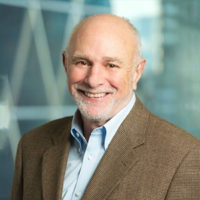


Kathleen W. Bradish
Vice President and Director of Legal Advocacy

Dennis Carlton
David McDaniel Keller Professor Emeritus, University of Chicago; Senior Managing Director, Compass Lexecon; Research Associate, National Bureau of Economic Research
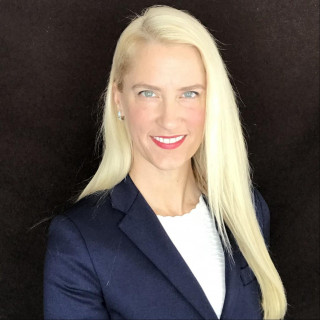
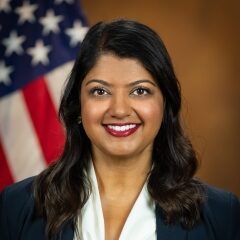
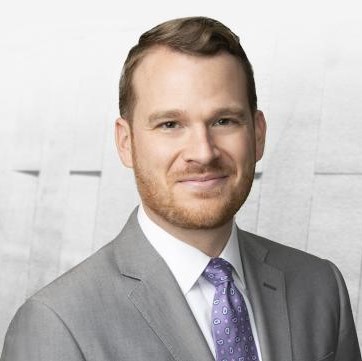



Nancy Rose
Charles P. Kindleberger Professor of Applied Economics

Chris Sagers
Charles R. Emrick Jr.- Calfee Halter & Griswold Professor of Law
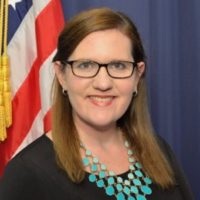
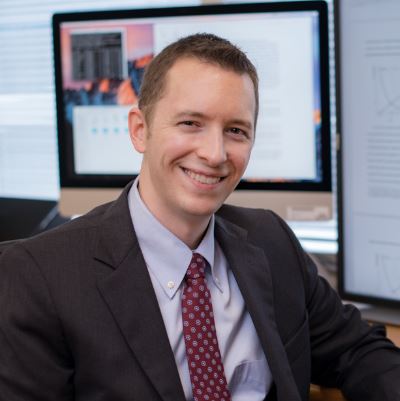
Panel 1: Can We (Ever) Escape the Complexity of Antitrust?
Allensworth, Rebecca H., Long-Term Consumer Welfare (February 12, 2025). Vanderbilt Law Research Paper No. 5133539. Available at: https://papers.ssrn.com/sol3/papers.cfm?abstract_id=5133539
Sullivan, Sean P., Against Efforts to Simplify Antitrust (January 23, 2024). Journal of Corporation Law: Vol. 49, No. 2. Available at: https://jcl.law.uiowa.edu/sites/jcl.law.uiowa.edu/files/2024-01/Sullivan_Final.pdf
Panel 2: Merger Experts and Merger Expertise: What Does the Future Hold?
Baker, Jonathan B., How Economists Influence Antitrust: The Contributions of Tim Bresnahan, Janusz Ordover, Steve Salop, and Bobby Willig (November 11, 2023). Available at: https://ssrn.com/abstract=4630062 or http://dx.doi.org/10.2139/ssrn.4630062
Carlton, Dennis W. and Heyer, Kenneth, The Revolution in Antitrust: An Assessment (July 27, 2020). The Antitrust Bulletin-Symposium on the Antitrust Revolution, Forthcoming, Available at: https://ssrn.com/abstract=3661815 or http://dx.doi.org/10.2139/ssrn.3661815
Marinescu, Ioana and Hovenkamp, Herbert J. (2019) “Anticompetitive Mergers in Labor Markets,” Indiana Law Journal: Vol. 94: Iss. 3, Article 5. Available at: https://www.repository.law.indiana.edu/ilj/vol94/iss3/5
Panel 3: Agency Deference, Independence, and Political Pressure: Protecting the Integrity of Enforcement
Baker, Jonathan B. (2025) “Threats to Competition Policy in the Second Trump Administration: Is Antitrust Enforcement Following Alice Down the Rabbit Hole?” (Blog Post). Available at: http://www.promarket.org/2025/04/11/threats-to-competition-policy-in-the-second-trump-administration-is-antitrust-enforcement-following-alice-down-the-rabbit-hole/
Kovacic, William E. and Winerman, Marc, The Federal Trade Commission as an Independent Agency: Autonomy, Legitimacy, and Effectiveness (May 15, 2015) Iowa Law Review: Vol. 100: Iss. 5, Pages 2085-2113. Available at: https://ilr.law.uiowa.edu/sites/ilr.law.uiowa.edu/files/2023-02/ILR-100-5-Kovacic-Winerman.pdf
Wu, Tim, The President’s Role in Antitrust Policy (May 15, 2023). Journal of Antitrust Enforcement (2023), Columbia Public Law Research Paper No. 4448227, Available at: https://ssrn.com/abstract=4448227



